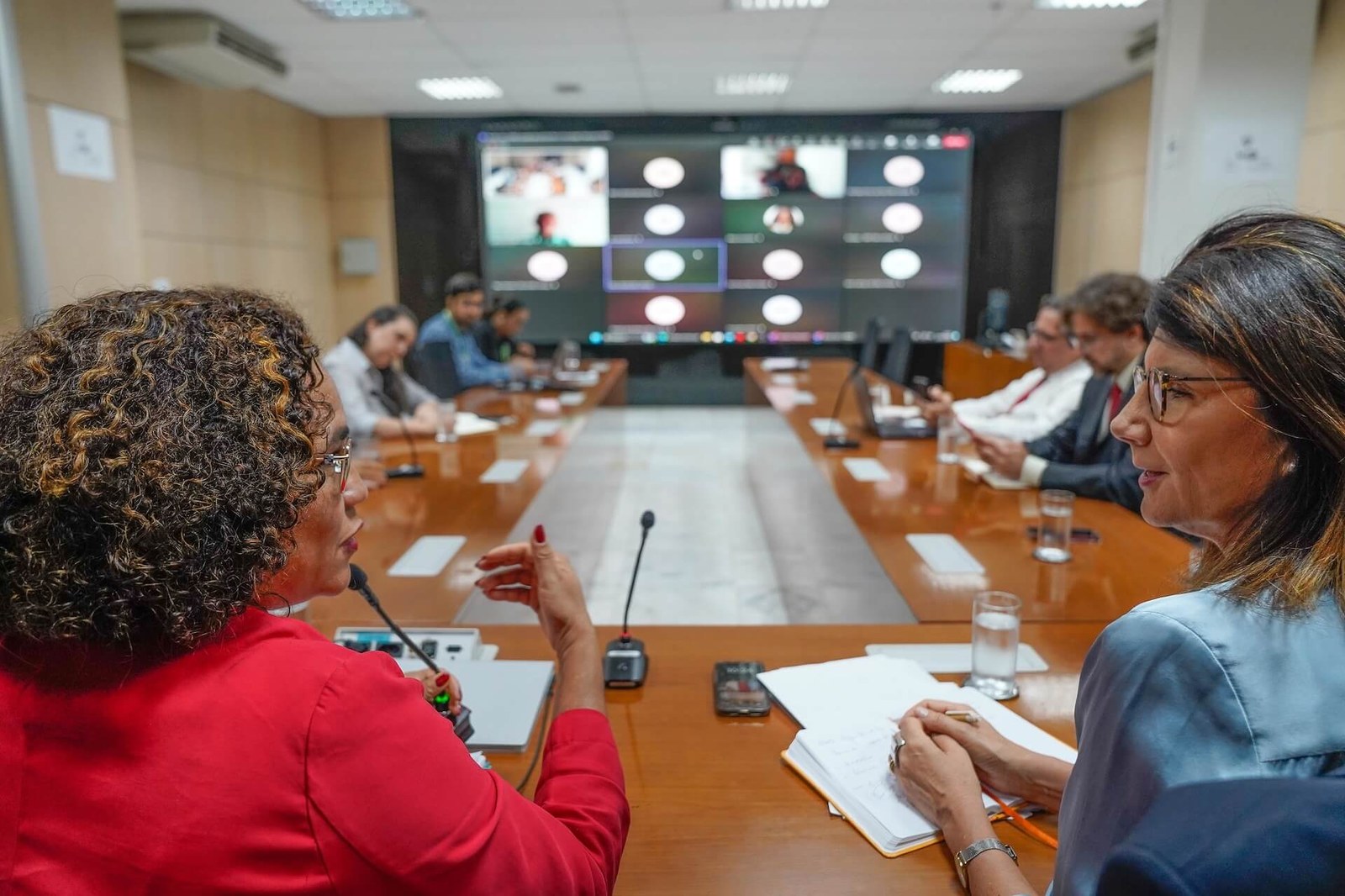Federal government listens to traditional communities ahead of COP30
The meeting gathered input on the conference’s legacy in Brasil and beyond.

On February 19, the federal government convened with representatives of traditional communities to help shape the agenda for COP30, the UN Climate Conference set for November in Belém, Pará. The meeting, held in Brasilia, was led by the Ministry of the Environment and Climate Change (Ministério do Meio Ambiente e Mudança do Clima — MMA), the Ministry of Foreign Affairs (Ministério das Relações Exteriores MRE), the General Secretariat of the Presidency, and the Brazilian COP30 presidency.
Ana Toni, COP30’s executive director and Brasil’s National Secretary for Climate Change emphasized the significance of incorporating traditional communities and other sectors of society into the global conversation. “We are not merely translating COP30 for different audiences—we are ensuring that key issues make it onto the political agenda. It is essential, in this process, to maintain dialogue with society,” she said.
The gathering allowed representatives of traditional communities to voice their concerns and priorities for the conference’s legacy. Topics discussed included water and sanitation, the carbon market, land regularization, ecosystem services, climate finance, drought, and adaptation. Similar meetings with other sectors of society are planned in the coming months.
In attendance were Edel Moraes, the MMA's National Secretary for Traditional Peoples and Communities and Sustainable Rural Development; Gustavo Westmann, head of the SGPR's Office of the Special Advisor for International Affairs; and Marco Túlio Scarpelli Cabral, head of the Ministry of Foreign Affairs (MRE) and COP30 Forestry Centre. Representatives from the National Council of Traditional Peoples and Communities (CNPCT) participated remotely.
COP30
The Conference of the Parties (COP) is the world’s largest forum for climate negotiations, bringing together 198 nations under the United Nations Framework Convention on Climate Change. Delegates assess progress on climate goals and make key policy decisions to curb global warming.
The conference is held annually, with its presidency rotating among five UN-recognized regions: Africa, Asia, Latin America and the Caribbean, Central and Eastern Europe, and Western Europe.
In 2025, Brasil will host COP30 in Belém, with discussions focusing on climate finance, adaptation, and a just transition.
Source: MMA Press Office
English version: Bárbara Menezes

